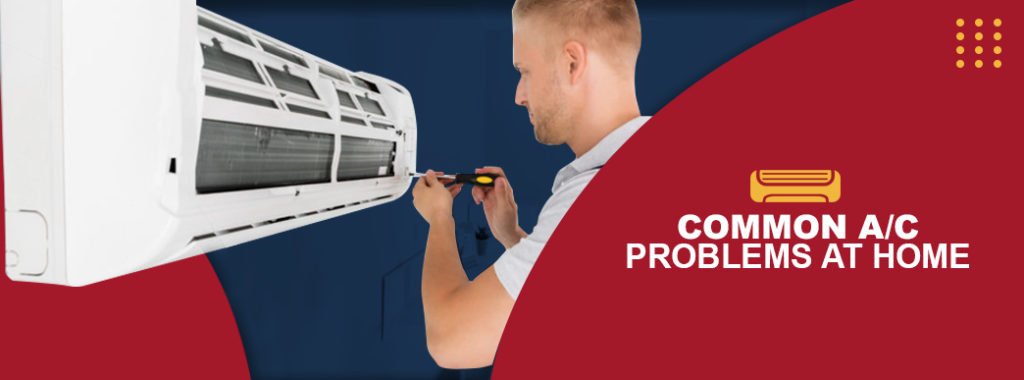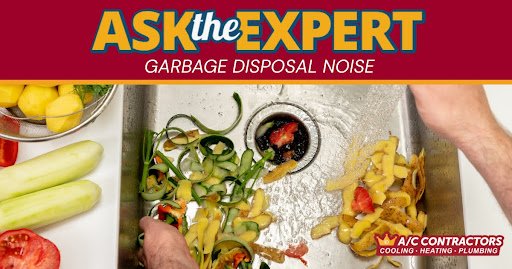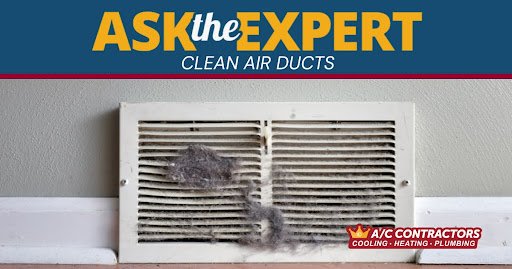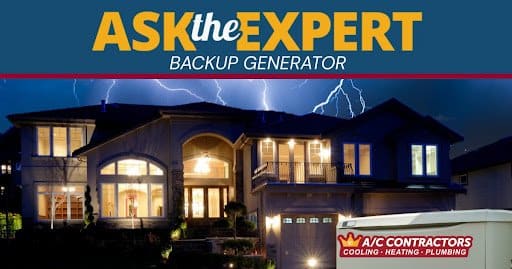When you live in Longview or Tyler, Texas, you know you’re going to get a lot of hot weather. While it’s true we get a few rainy days, Tyler and Longview get sunshine almost 220 days out of the year. Those sunny days bring warm weather. You can expect temperatures to be above 80 degrees Fahrenheit from late April until early October, and above 90 degrees for much of June, July, August and September.
While we all love warm weather, living with so many days above 90 degrees quickly becomes uncomfortable and even potentially dangerous for seniors and infants. Keeping your air conditioning in tip-top condition all year long is not just a good idea, it’s a necessity. Since Tyler and Longview only have a few months you could consider “cool” or even a touch cold, you want to know your air conditioner will start working without problems when the warmer weather appears.
If your air conditioning does fail, however, life can be unbearable. Air conditioning repairs can be expensive, so you want to ensure your air conditioning receives regular maintenance throughout the year.
An air conditioner is a complicated system that requires the perfect combination of airflow, pressure and temperature to operate correctly. Complex systems, however, mean there are many places your air conditioner can develop problems. Fortunately, not all these problems require expensive repairs. Regular maintenance also means your HVAC technician can catch potentially costly problems before they become severe, thus helping you save money in the long run.
10 Common A/C Problems and Solutions
You know you’re going to need your air conditioner to work properly, so here are a few of the more common problems that can plague an air conditioning system and prevent your home from being the cool oasis you desire.
1. Filter
It’s amazing how often an air conditioner fails to work properly because of a clogged or dirty filter. You need to follow the manufacturer’s suggestion on how often you should change the filter. Some manufacturers recommend you change it every three months, while others require you to do it monthly. One way to determine if your filter is too dirty is to hold it up to a light. If light passes through the filter, it is still good, but if it doesn’t, it’s time to change it.
Clogged and dirty air filters not only block the flow of cool air into your home, but they can also cause the air conditioner’s evaporator coil to freeze, literally creating a block of ice that prevents cooler air from circulating.
The Fix: One of the easiest solutions for how to fix an air conditioner that’s not cooling is to check your air filter regularly and change it if it looks dirty or clogged. Make sure you follow the manufacturer’s suggestions for how frequently you should change the filter.
2. Refrigerant Leaks

Fixing it is not merely a matter of adding more refrigerant. If it is leaking, you need to get it repaired quickly. If you notice puddles or pools of liquid next to your air conditioning unit, it can present a health problem. Air conditioning refrigerant can irritate eyes, cause headaches or nausea and induce coughing. If the problem originated at installation, the technician can add the right level of refrigerant. Too much refrigerant can be even worse than too little.
There are several ways to tell specifically if you have a refrigerant leak:
- Ice forms on the outside unit and on the refrigerant line
- You hear a hissing or bubbling noise coming from the air conditioner
- Your air conditioner won’t cool your home on hot days, but works perfectly on cool days or during the nighttime.
The Fix: If you have either of these problems, your best bet is to call an HVAC professional right away. Refrigerant leaks are not something to ignore. You need to get a leaky unit fixed as soon as possible. If the problem is with the refrigerant level, an HVAC technician has the tools to measure the level of refrigerant in your system and make sure you get the right amount.
3. Drainage
Dirt, lint and dust can clog your air conditioner’s drain line, just like a clogged air filter. That is especially true when the weather is excessively humid. If the drain line gets clogged, however, that means your drain pan will quickly fill with water. If this water overflows, it may not only damage the rest of the air conditioning unit, but anything near the unit will become soaked and potentially ruined.
The Fix: Regularly check to make sure the drain line remains clear. If you know the weather is going to be humid for a few days or even weeks, it’s always a good idea to check for clogs regularly. If you’re using a room air conditioner anywhere in your home, make sure it is level when mounted, or else overflow will be a problem.
4. Breakers or Fuses
There are a lot of reasons that your air conditioner may trip your circuit breaker or blow a fuse. If some other part of your air conditioning system is not working properly, the air conditioning unit will draw too much energy trying to keep your home cool. Sometimes, a tripped circuit breaker is the result of a homeowner using too many appliances at once. If you have the television on while you’re doing laundry and someone else is vacuuming at the same time, then you add in the air conditioning unit on a hot day, the circuit breaker may trip.
A tripped circuit breaker is a good thing. Circuit breakers exist to make sure that your home doesn’t catch on fire.
The Fix: Circuit breakers have three positions — on, off and somewhere in between. If you check the circuit breaker and it is in the in-between position, first switch it to off and then to the on position. If your problem was too many appliances operating at the same time, this should provide a solution. However, if the circuit breaker feels hot to the touch, this is the sign of a serious problem, and you should contact an HVAC professional immediately.
To check to see if you have blown a fuse, you need to pick up a multimeter at the local hardware store. Make sure you have turned off the power to the fuse box, remove the fuse and test it with a multimeter. If the fuse has blown, replace it with a new one, and your air conditioning unit should work properly.
5. Electric Control Failure
If your air conditioning is turning on and off frequently, this is a sign your system may be oversized for your home, or that your compressor and fan controls may be wearing out. It could also be an indicator that you have a corrosion problem with the wires and terminals of your system.
The Fix: When an HVAC professional performs a regular service check, they will also check all electrical connections and contacts. They can also tell you if your system is the wrong size for your home. It’s a problem when an air conditioner is too small for a home because it won’t provide enough cooling power, but it is also a concern when the system is too large for your space — it will increase your electric bills and wear out your air conditioner.
6. Capacitors
Capacitors give your air conditioning system the jolt it needs to start up when it reaches the temperature at which you want the unit to start cooling your home. The start capacitor activates the air conditioner’s motor, while the run capacitor regularly jolts the motor to keep it in operation. If either capacitor wears or burns out, your system won’t run properly.
There are a few reasons capacitors can fail, including:
- Exposure to extremely high temperatures for long periods — as is common in Longview or Tyler
- Getting replaced with an undersized capacitor, which will dramatically shorten its lifespan and age
The Fix: Many homeowners assume they can replace an air conditioner’s capacitor on their own, but if they choose the wrong one, it will wear out quickly and not produce the desired results. An HVAC professional can replace your worn or burnt-out capacitor with the proper model.
7. Compressor
The compressor is the heart of your air conditioning system. It’s what turns refrigerant from a liquid to a gas and then back to a liquid again, which allows your system to draw out the heat and pump cool air into your home. If your compressor is not working properly, your home will not be cool.
Here are a few signs of compressor failure:
- It makes loud or strange noises when it starts up.
- It doesn’t turn on.
- Your electricity bill is higher, although you’re not setting your air conditioner at a cooler temperature.
- Your air conditioner is constantly tripping a circuit breaker.
- Your compressor is more than a decade old.
The Fix: Sometimes, a compressor will have problems because it has become loose in its housing or because twigs or leaves have clogged the fan. Generally, the more severe the problem, the more it will cost to solve it. Compressors can be pricey. It’s time to think about replacing rather than repairing if you have a serious compressor problem. You need to talk to an HVAC professional about your options.
8. Evaporator Coils
An air conditioner’s evaporator coils take the heat out of the air in your home and return cold air through a series of air ducts. If the refrigerant inside an air conditioning unit falls below 32 degrees Fahrenheit, humidity on the coils will freeze. The coils will become covered in ice, thus preventing cool air from reaching your home. One way to check this problem is to hold your hand near the air conditioning vents. If only warm air is coming out, your evaporator coils may have frozen.
Another problem may be that your evaporator coils are dirty and clogged with dust, lint or debris.
The Fix: Turn your air conditioning system off and wait for the ice to thaw. We recognize you may not want to do this on a hot day, but if you’re not getting cool air anyway, it’s better to take the time to thaw the evaporator coils. It should take about 24 hours to defrost and dry out. After the coils have thawed, check to see if they are dirty. If they are, gently remove the grime using a soft brush like a toilet brush or a toothbrush. Be careful not to bend the coils or the fins. If this does not remove the grime, you need to call an HVAC professional to give your unit a thorough cleaning.
9. Improper Installation
If you had a new air conditioning unit installed recently, but it isn’t providing enough cooling power, the technician who installed it may have done so incorrectly. As noted above, it could be the wrong size for your home. Improper installation is one of the most common air conditioning problems. Aside from the unit being too small or too large for your home, you may also have low airflow or leaky ducts, or lack the proper level of refrigerant.
The Fix: Call a different HVAC company to inspect the system. They will determine if the company that originally installed your air conditioning unit made mistakes.
10. Air Duct Leak
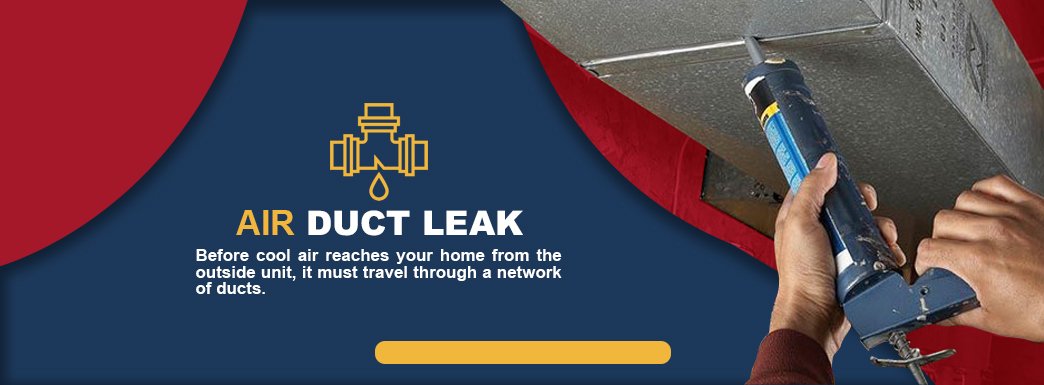
The Fix: If you have an older system, it’s smart to schedule a regular inspection with an HVAC professional. They will be able to spot any wear or tear on your ducts so you can replace them before a serious problem develops.
Home A/C Problems and Troubleshooting
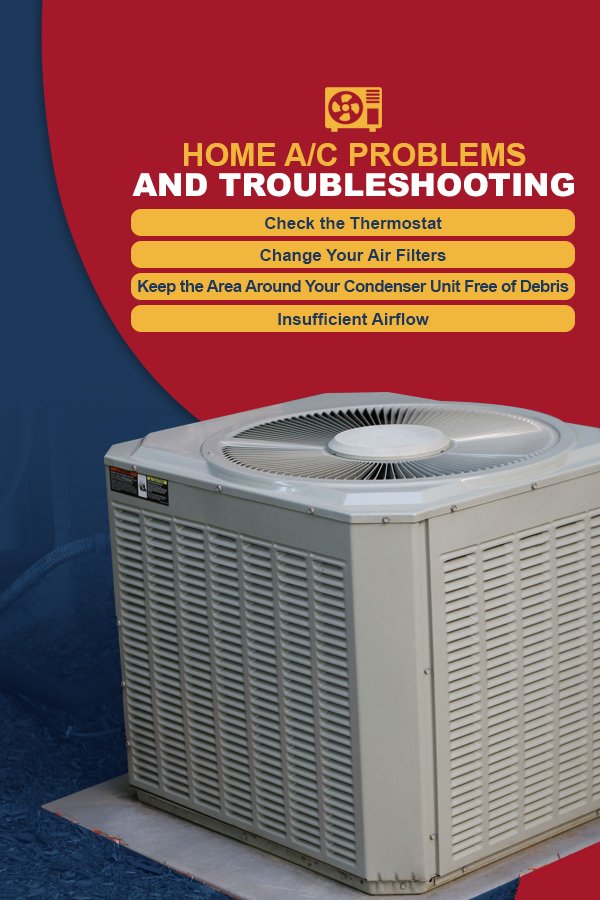
1. Check the Thermostat
One of our most frequently asked questions is, “Why is my air conditioner not cooling the house?” It seems so simple, but sometimes the problem is that your thermostat isn’t turned on. It can also be on the wrong setting. You don’t want to use the “on” setting, but switch it to “auto.” When your thermostat is set to “on,” the fan will run 24/7, even when the cooling isn’t running.
If your thermostat display is blank, that may be a sign you need new batteries. If your home has multiple air-conditioning zones, it’s possible the batteries in one thermostat will wear out before those in a different zone. Replace the batteries and gently clean out the inside of the thermostat. If this doesn’t solve your problem, it’s time to call an HVAC professional.
2. Change Your Air Filters
We covered this above, but just to reiterate, you need to check your air filters regularly to see if they are clogged or dirty. If that is a problem, replacing them may solve your air conditioning problem.
3. Keep the Area Around Your Condenser Unit Free of Debris
Most condenser units are outside the home, which means they are subject to the vagaries of the weather. They can get dirty easily or can get clogged with leaves or twigs. In some cases, overgrown weeds can surround them. You should clean your condenser unit every six months to a year. In most cases, you only need to hose it down, but don’t put your hose on high pressure. That could damage key components of the unit. Use a gentler spray and a soft brush if necessary. Use a weed whacker to cut back growth.
4. Insufficient Airflow
Insufficient airflow can result from several issues, some serious, some less so. There’s an easy way to tell if it’s a problem. Hold a lighter in front of each of your home’s air vents. Start by holding the flame close to the vent, and slowly move away until the flame stops moving. If your system is operating properly, you should be able to walk across the entire room with the flame still wavering a bit.
If the flame doesn’t waver, that’s a sign there’s a problem. First, check the air filters to make sure they are clean. Then, check the thermostat. Take a look at the outside condenser and make sure growth and debris are not blocking it. If these aren’t the problem, contact your HVAC professional, who can check your air conditioner’s fan and ducts.
Contact A/C Contractors for Air Conditioning Repair in Tyler or Longview
If you’re having problems with your air conditioner, let A/C Contractors, your Comfort King, solve them for you. Our certified technicians, the “Do-It-Right Guys,” use state-of-the-art equipment to diagnose and repair your air conditioning system. You always know how much the repair is going to cost up front, thanks to our patented Straight Forward Pricing Guide™. We will never charge by the hour.
We can offer you an even better deal if you join our Comfort Club. For only $19.95 a month, you receive a free precision tune-up that we will schedule with you twice a year — a $378 value. You’ll also get guaranteed appointments within 48 hours, even during our busiest times. We’ll give you a 20% discount on all repairs, as well as discounts on the best filters. And, we’ll waive our typical $99 diagnostics fee on all repairs you need. As you can see, Comfort Club membership is a genuine value.
If you want to talk to us about your air conditioning issues, or if you’re interested in setting up a regular maintenance program, you can call us in Longview at 903-759-4250, in Tyler at 903-581-9537 or toll-free at 800-287-0715.
You can also visit our contact us page, where you can leave us some of your details, tell us a little bit about your problem, sign up for our newsletter and learn a bit about our money-saving promotions. A member of our team will get back to you as soon as possible.

